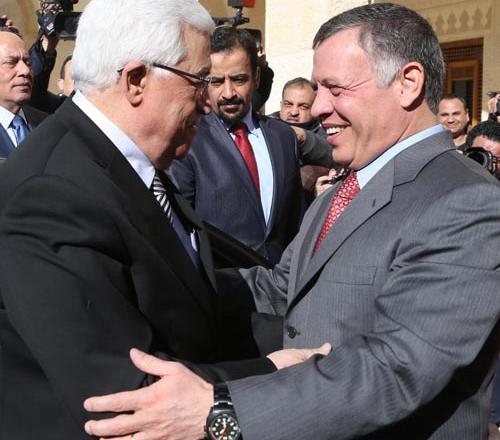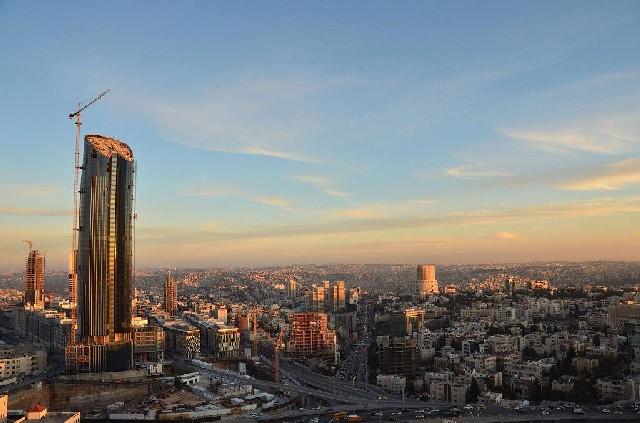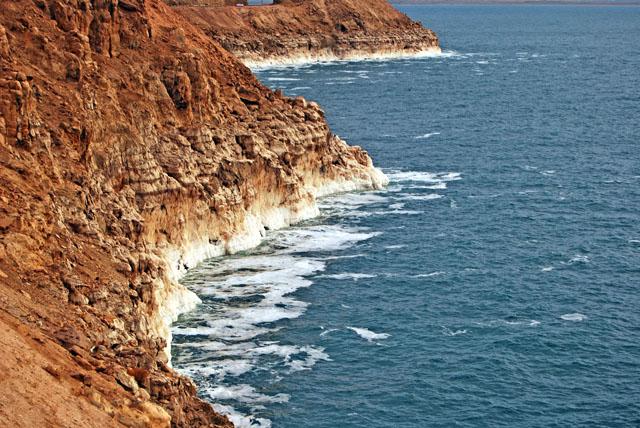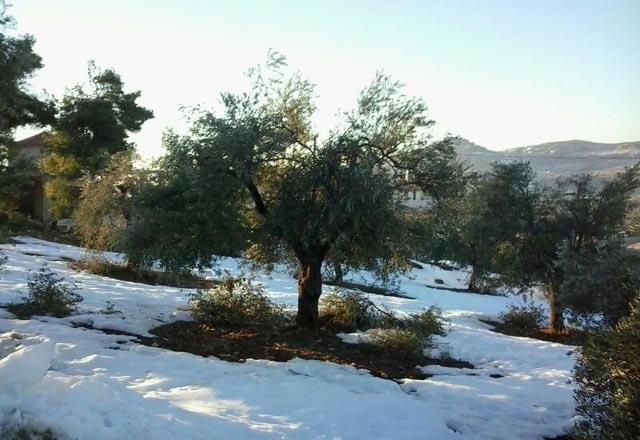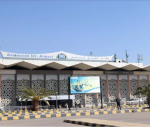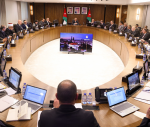AMMAN — Development partners from 18 countries and the EU on Wednesday agreed that the January 15 Kuwait II Pledging Conference for Syria should encompass support for critical development efforts to complement the humanitarian response to the crisis in Syria and its spill-over impacts on neighbouring countries, according to a UNDP statement.
The meeting in Amman, which brought together "partners with long-standing experience and knowledge of the region, and UNDP country directors from Syria, Lebanon, Jordan, Iraq and Turkey, endorsed UNDP’s Development Response in support of people and communities affected by the Syrian crisis in those five countries".
The conflict in Syria has rolled back human development achievements by 35 years, leaving more than 50 per cent of the population (12.6 million people) living in poverty, 9.3 million in need of humanitarian and development assistance and 6.5 million displaced from their homes, the statement said.
It has also forced 2.3 million people to flee Syria into neighbouring countries, where 80 per cent live amidst host communities, severely impacting municipal and social services, such as health, education, sanitation, housing and socio-economic infrastructure.
The resilience-based development approach supports communities in Syria and neighbouring countries to cope with immediate needs emanating from the crisis, to recover from its impacts and to sustain recovery and build stability over the longer term, according to the UNDP. It preserves development gains and supports social cohesion, which is necessary to prevent conflict and achieve stabilisation within countries.
“The approach we are taking fosters greater coherence across the humanitarian and development dimensions of the response to the crisis,” UNDP Administrator Helen Clark in her address at the meeting.
“It enables the scaling up of investments and national development process at this very critical time,” she added.
The resilience-based development approach recognises the innate capacities and resourcefulness of people and communities. It focuses on sustainability, reducing likelihood of future conflict and empowering affected people, communities and institutions to emerge stronger from the crisis than before, the statement said.
UNDP country directors presented concrete examples of a resilience-based response already under way as part of their programmes, such as availing emergency employment and capacity building for micro, small and medium enterprise growth in Jordan.
At the Kuwait conference, UNDP is appealing for funding for its sub-regional resilience-based development programming in the order of $166 million with allocations of $45 million in Syria, $56 million in Lebanon, $32 million in Jordan, $11 million in Iraq and $23 million in Turkey, the statement said.

